Where Is My Black Muslim Identity?
Opening her contribution, Hafsah Dabiri shared details of her background where she grew up in Greenwich (a part of London) but went to an Islamic school in Tooting (another part of London), where she could not identify with other Black Muslims as that region of London was predominantly South Asian (Pakistani, Indian, Bengali).
“It was one thing to see your religion reflected in the people around you,” she said, adding, “but to not see your culture as being accepted as Islamic, was quite interesting.”
Later when she went to another school in another region in London, there were other people of color, but they weren’t Muslim, “So I couldn’t attach my faith to my religion, in a way that a lot of people from Asian or Arab backgrounds could. And that was problematic for me growing up.”
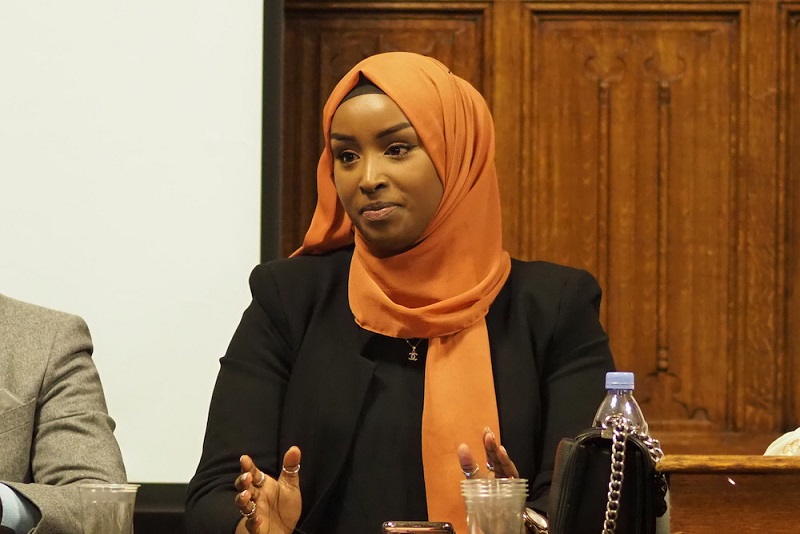
Speaking of a talk show that she is involved in Hafsah said, “The reason we have this is (to establish) grounds for discussion of marginalized communities. We had discussions on mental health, relationships, being spiritual, living in the west, being Black and what they meant to people… For me, I wanted to ensure that I found a way through my own needs of identity in my own community a lot easier.”
Hafsah has since published a book named Basirah the Basketballer, where the main character is a young Black girl who wears a headscarf and plays basketball, “Sort of playing on my childhood experiences,” as a way of sharing her learning and providing a resource for those seeking stronger presence and identity.
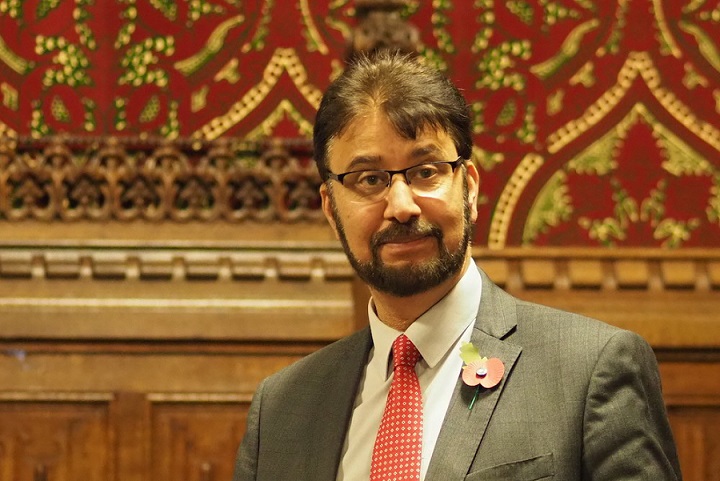
Afzal Khan MP
The Importance Of Truthfulness
“The idea of Black history is not Black people’s history, it’s everybody’s history, it is history that has been omitted,” began Rakin Niass as he spoke about the shock some of his younger students have when they learn that the original residents of Australia and America were Aboriginal and Native Indians.
“We need to change the narrative of how Islam is taught to young people. Islam is not new to us because the Prophet before the Muslims were sent to Medina, they were sent to Abyssinia, which is in Ethiopia. The Prophet sent Muslims to Abyssinia where they would find a just king.”
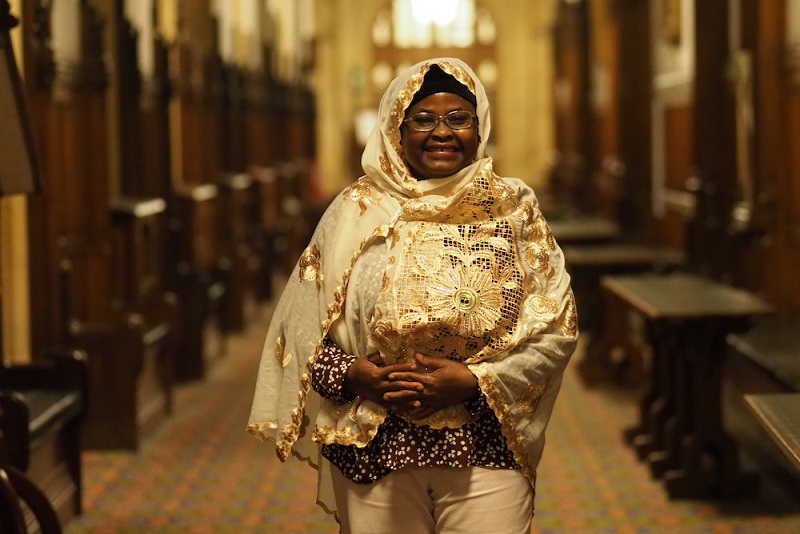
Bilkis Savage
Rakin added that when Islam came to Africa it did not come through violence, it came through Arab traders who were known for their honesty, and they had manners.
“This is how (Africans) converted to Islam, through mannerisms. This is something lost and sometimes I find people today who say Wallahi if I met Muslims first I would never become Muslim. Why? Because they way we practice religion,” explaining that there is a huge difference between what God says in the Quran and the way we practice our faith today.
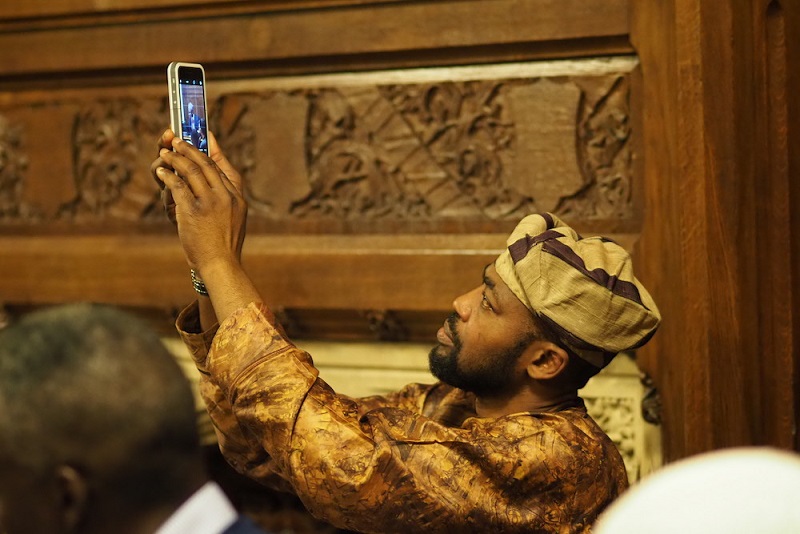
Guest Snapping Rakin Niass
Rakin referred to the Prophet’s last sermon where he said that no person is better than another except in terms of piety, observing that while this was one of the last things the Prophet said, we fill ourselves with nationalism and tribalism.
“Know that racism is a deficiency of faith, and you have to stand in front of God… And God says in the Qur’an, those who stand in front of me with a purified heart will be successful. – If you have racism in your heart, do you think you have a purified heart?”
Within this context, Rakin said, “This is between you (a racist) and God, which is why I do not worry about it (racism). But it is very important that we change the narrative.”
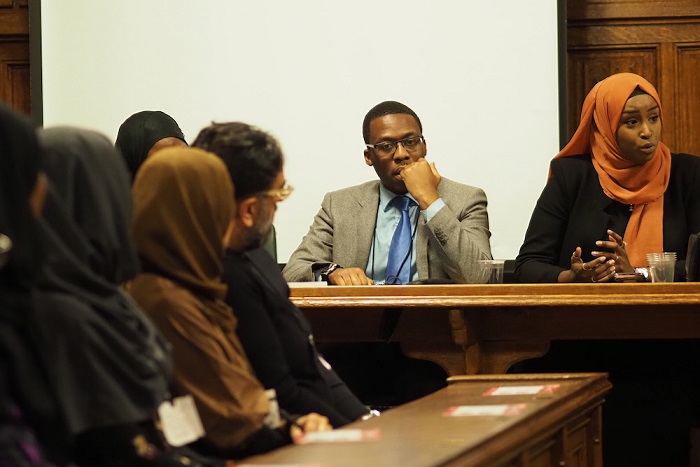
Zamzam Ibrahim with guests